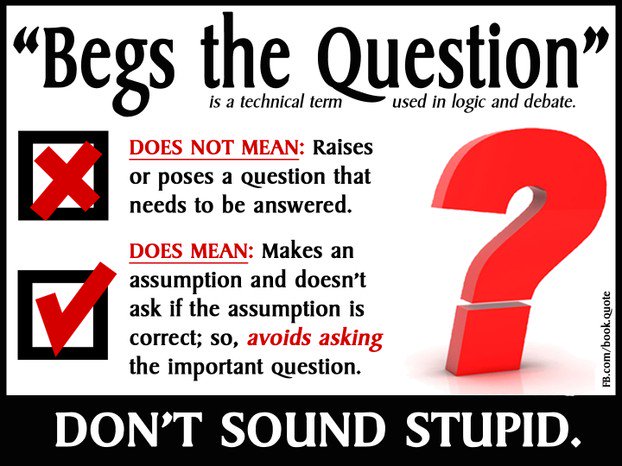 My Philosophy after Christ project continues with notes on the late Reformed philosopher Gordon Haddon Clark (1902-1985). Douglas Douma, the author of The Presbyterian Philosopher: The Authorized Biography of Gordon H. Clark, recently posted an essay about how one ought to go about defending the Christian faith (AKA, apologetics methodology). I commend Douma’s stimulating post to readers. It forms the background of this one, a (nonexhaustive) commentary upon most of it.
My Philosophy after Christ project continues with notes on the late Reformed philosopher Gordon Haddon Clark (1902-1985). Douglas Douma, the author of The Presbyterian Philosopher: The Authorized Biography of Gordon H. Clark, recently posted an essay about how one ought to go about defending the Christian faith (AKA, apologetics methodology). I commend Douma’s stimulating post to readers. It forms the background of this one, a (nonexhaustive) commentary upon most of it.

We sometimes learn by drawing contrasts, and when it comes to defending the Christian faith, one of the most instructive is that between the apologetics method of Cornelius Van Til (1895-1987) and Clark’s.

For Van Til and his expositor Greg L. Bahnsen (1948-1995), the first question is: what worldview are unbelievers presupposing when they raise their objections?

For Clark and the first proponent of his philosophy and theology, John W. Robbins (1948-2008), it is: how do you know? For Clark, that means: what axiom does your objection to Christianity presuppose and what follows from it?
For Clark and Clarkians, the only rationally defensible axiom is: the Bible is the Word of God and therefore every proposition affirmed or taught in it may be taken as true and upon it one may build a philosophy of life.
For a time in the late ‘80s, I was a Clarkian (see my exchange with Bahnsen here and here. I was also a correspondent of Robbins’s. I have copies of our letters; Robbins’s estate should as well.) I had been a recent graduate student in philosophy, and Gordon Clark (who chaired Butler University’s philosophy department for 28 years) epitomized for me the ideal of Christian intellectual. That he also admired aspects of the thought of one of my philosophical heroes, Brand Blanshard, was also a plus for me.
Continue reading “Gordon H. Clark’s problematic rationalism”






 A little over fifty years ago, when my interest in philosophy was budding, I encountered Bertrand Russell’s Why I Am Not a Christian. (My edition was the 1957 Simon & Schuster paperback, the one pictured below).
A little over fifty years ago, when my interest in philosophy was budding, I encountered Bertrand Russell’s Why I Am Not a Christian. (My edition was the 1957 Simon & Schuster paperback, the one pictured below). 
 A friend sent me an image of Joseph Aloisius Ratzinger, vested as Pope Benedict XVI, his title from 2005 to 2013, the year he retired, now living a life of prayer, meditation, and Scripture study. Inscribed on it is an exhortation:
A friend sent me an image of Joseph Aloisius Ratzinger, vested as Pope Benedict XVI, his title from 2005 to 2013, the year he retired, now living a life of prayer, meditation, and Scripture study. Inscribed on it is an exhortation:

 My internal critique of Smith’s worldview,
My internal critique of Smith’s worldview,  George first published Atheism: The Case Against God in 1974. The book is still in print published by Prometheus. For six years he was a general editor and scriptwriter for the Audio Classics audio tapes by Knowledge Products, currently senior research fellow for the Institute for Human Studies at George Mason University, and again his latest book Atheism, Ayn Rand, and Other Heresies. George Smith, we welcome you to the program.
George first published Atheism: The Case Against God in 1974. The book is still in print published by Prometheus. For six years he was a general editor and scriptwriter for the Audio Classics audio tapes by Knowledge Products, currently senior research fellow for the Institute for Human Studies at George Mason University, and again his latest book Atheism, Ayn Rand, and Other Heresies. George Smith, we welcome you to the program.


